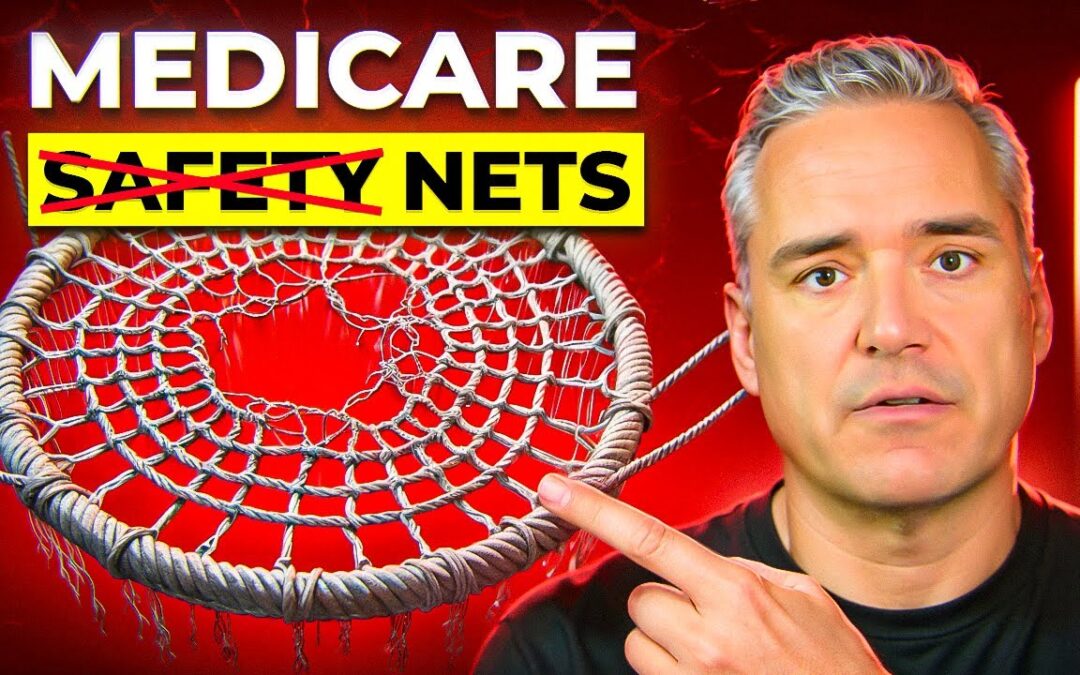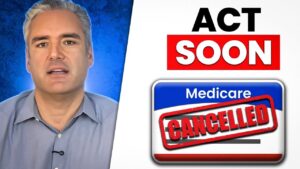Most people on Medicare get told the same thing when their plan changes: “Call 1-800-MEDICARE. Visit Medicare.gov. Or talk to your local SHIP office.” Sounds safe and reassuring, right? The problem is those so-called “safety nets” aren’t always reliable.
If you’re facing a plan ending in 2026—or just trying to avoid higher costs and confusion—here’s the blunt truth: depending only on those safety nets could leave you with bad info, long wait times, or no answers at all.
Watch: Medicare “Safety Nets” Aren’t Really Nets at All
Key Takeaways
- 1-800-MEDICARE and SHIP aren’t built for local answers—they’re scripted, centralized, and often slow.
- Hold times can be brutal—30, 45, even 60 minutes or more, only to get transferred.
- Accuracy is hit-or-miss—studies show many SHIP responses are incomplete or wrong.
- 2026 will be a perfect storm—with plan terminations and higher drug costs, more people will lean on “safety nets” that can’t handle the flood.
- Use SHIP as a backup, not your front line. Double-check everything.
- Independent licensed agents know the local networks—and they’re accountable.
Why the Medicare “Safety Nets” Fall Short
Every official letter points you to SHIP or 1-800-MEDICARE. On paper, it looks like help.
In reality? Not so much.
SHIP counselors are volunteers. Some are sharp, but many aren’t trained to the same standard as licensed agents. You can’t count on consistency.
1-800-MEDICARE is usually a contracted call center. The reps read from scripts. They don’t know your local hospitals, your doctors, or which plans are quietly pulling out of your ZIP code.
And here’s the kicker: there’s no accountability. If the info is wrong, you’re stuck. No agent of record. No license on the line. Just you holding the bag.
It’s like calling your cable company. Sometimes you get help, sometimes you get bounced around for an hour.
Why This Matters More in 2026
In a normal year, it’s annoying. In 2026, it’s dangerous.
Millions are losing Advantage plans because carriers are shrinking service areas. Part D plans are raising premiums and deductibles. More people will flood the “safety nets.”
Those systems weren’t built for a tidal wave. That means longer waits, more dropped calls, and more people making decisions with half the facts.
Not theory. Reports already show SHIP responses are slow, inconsistent, or flat-out wrong. Add the 2026 surge, and it’s a recipe for confusion.
What You Should Do Instead
Here’s the smarter playbook:
- Use SHIP as backup. Quick answer? Fine. But double-check it.
- Know 1-800-MEDICARE’s limits. Good for broad rules. Useless for local detail.
- Write everything down. Names, dates, what was said. You’ll need it if you appeal.
- Work with an independent agent. They’re licensed, trained, and know your county.
- Educate yourself. The more you know, the less likely you’ll get stuck.
Bottom line: don’t put your future in the hands of a volunteer or a call center rep reading a script.
What To Do Next
Don’t wait until October when the phones jam. If your plan is ending, or costs are rising, start comparing now.
Want to skip the hold music?
Schedule a conversation or sign up for the free newsletter at Prepare for Medicare.




